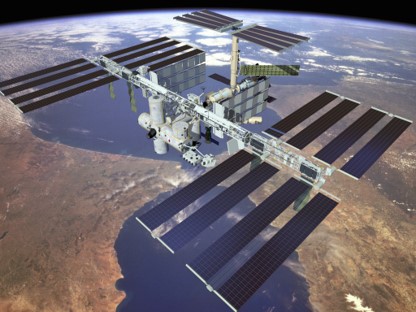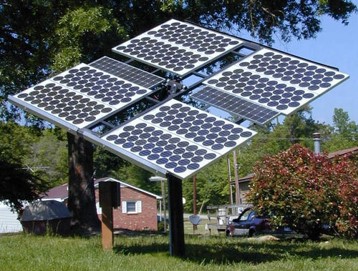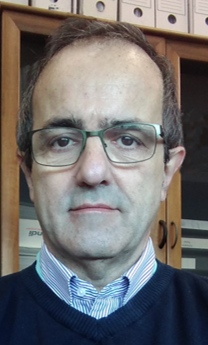Request lecture
Materials make up our world. Everything we see or touch enters in one way or another, in the concept of "material" and therefore the control and transformation of the same has been a constant throughout the history of humanity. Proof of this is that prehistoric civilizations have been receiving the names of the most advanced materials they used. Carved or polished stone, bronze or iron were at the time of history the "frontier of technology".
The empirical knowledge of the materials and the mastery in their processing and transformation have seen a great evolution in history and have given rise to very notable works in the field of engineering, architecture, or art. The process of rationalization of knowledge and, in particular, of modern science, which has an important turning point in the Age of Enlightenment, has allowed essential advances such as the demonstration of the atomic nature of matter, the periodic table or the thermodynamic laws. . These concepts form the basis of a much deeper knowledge of the world and provide us with tools to transform materials in a much more efficient way. The set of modern sciences that emerges strongly at this time makes it possible for Materials Science, or the synergistic set of sciences that make it up, to have been capable of proposing a new paradigm; that of the “design” of the materials. It is no longer a question of transforming or modifying materials found in nature, but of "creating" new materials that satisfy very specific needs.
However, the design of a material is not simple; it requires the participation of many researchers and technologists from different fields and the use of generally very sophisticated means, which is why it is extraordinarily expensive. For this reason, only some sectors with very high added value can support it. Sectors such as the military, space or high-energy physics are real engines in the research of new materials and the advances produced in them end up being transferred to other productive segments such as medicine, sports or telecommunications.
The economic impact of the use in ordinary life of materials and technology that at the time were designed for the space race and that have ended up "returning" to earth is estimated to represent a factor between four and seven; In other words, for every euro invested in space agencies, between four and seven end up being generated in the “real economy”.
In addition to exposing this approach, numerous examples of materials that have made this double round trip to space are cited in the conference to conclude that a well-balanced R&D system between basic research and technology transfer is economical and socially profitable.
 |
 |
Brief CV
Born in Valencia in 1958, he studied Chemistry at the University of Valencia, later doing his Doctoral Thesis at the Solid Chemistry Laboratory of the CNRS in Bordeaux. In 1984 he also defended his Doctoral Thesis at the University of Valencia, which he joined as Assistant Professor in December of the same year, until in 1990 when he became a Full Professor in the Department of Inorganic Chemistry. He is currently professor of Inorganic Chemistry.
In 1995, together with professors from the Department of Inorganic Chemistry and Applied Physics, he participated in the creation of the Institute of Materials Science of the University of Valencia, of which he was secretary from the moment of its creation until 2002 and director between 2002 and 2008. He is currently a member of the NanoMat research group at this institute.
In 2006, together with other partners, he founded the company LaserFood, a company derived or spin-off from the Science Park of the University of Valencia, which bases its activity on the study of unitary traceability methods for fruits and for which it has developed a marking technology. To be. This company continues to operate today.
He is co-author of more than 75 scientific publications and 9 international patents and has received the Entrepreneurial Researcher Award from IVACE and ADEIT. He currently teaches the subject of Materials Science in the Degree in Chemistry, in which he has always taught subjects related to the chemistry of solids and materials.
More information
Social networks
- @FacQuimicaUVEG
- @CdCienciaUV
- @MedNightGTS
Request lecture
![]()
Stimulating scientific vocations is a project of the Scientific Culture and Innovation Unit of the University of Valencia, which has co-funding from the Spanish Foundation for Science and Technology and the Ministry of Science and Innovation.











